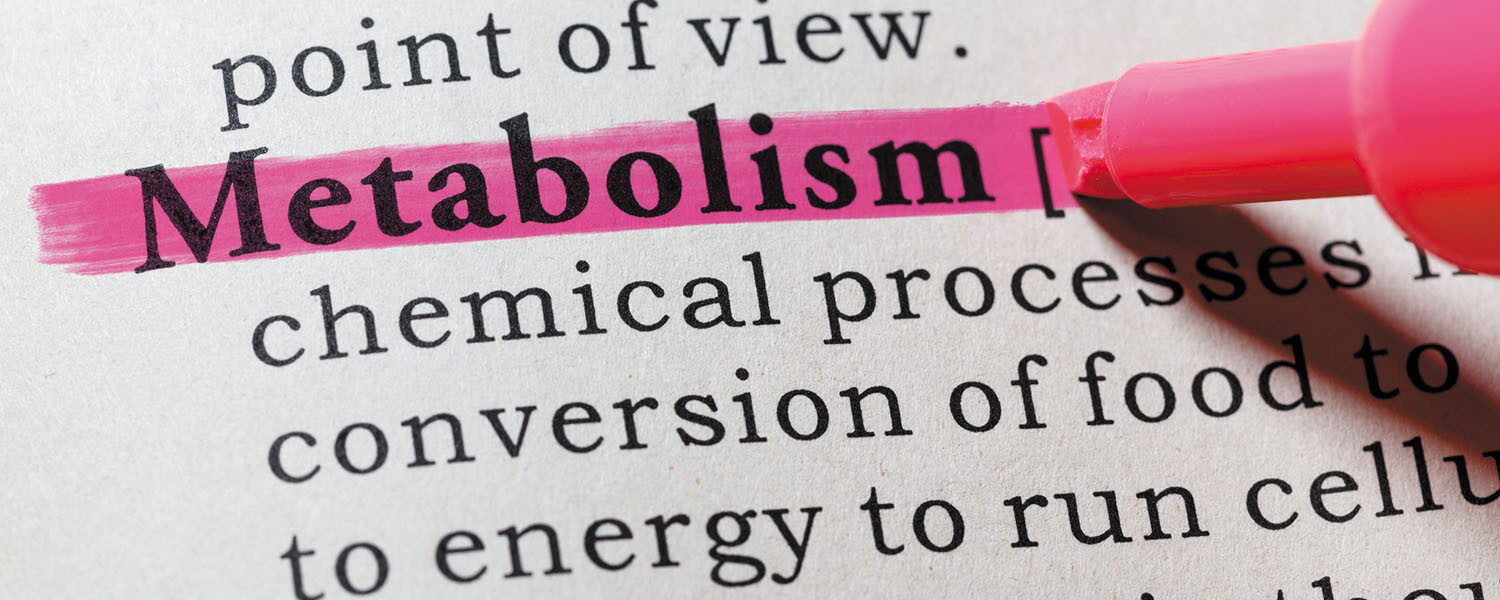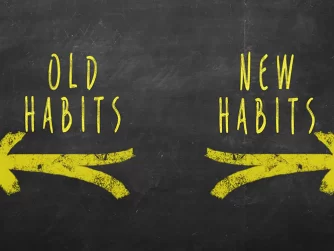By the time we hit our 40s, most of us start to notice some changes in how our bodies feel—and how easily we gain or lose weight. Clients often come to me saying, “I eat the same way I did in my 30s, but now the weight just won’t budge!” Sound familiar?
You’re not alone. The truth is, metabolism changes with age, especially once we pass the 40-year mark. But here’s the good news: it’s not a dead end. While we can’t completely stop the clock, we can influence how our metabolism works, and even improve it through lifestyle choices.
Let’s break it down simply, and talk about what really happens to your metabolism after 40—and what you can do to stay energized, strong, and lean.
What Is Metabolism, Really?
Metabolism is your body’s process of converting food into energy. Think of it like your internal engine—fuel goes in, energy comes out. This includes Basal Metabolic Rate (BMR), which is the number of calories your body needs to function at rest (breathing, circulating blood, etc.), plus activity-based energy use (walking, lifting, digesting food).
What Happens to Metabolism After 40?
Around age 40, several key factors start to change:
1. Muscle Loss (Sarcopenia)
Starting in your 30s and accelerating in your 40s, muscle mass naturally declines. Muscle burns more calories at rest than fat, so less muscle = slower calorie burn. According to research published in Current Opinion in Clinical Nutrition & Metabolic Care, we lose about 3–8% of muscle mass per decade after 30 if we’re not doing strength training.
2. Hormonal Shifts
Hormones like testosterone, estrogen, and growth hormone begin to decline. These hormones help regulate muscle growth, fat storage, and overall energy balance. With these changes, the body becomes a little more “conservative” with how it uses calories.
3. Lower Activity Levels
Life gets busy—between work, family, and stress, it’s easy to move less. Many people don’t realize how much NEAT (non-exercise activity thermogenesis)—like walking around the house or yard—contributes to overall calorie burn. Less daily motion = slower metabolism.
4. Changes in Mitochondrial Function
The mitochondria (your cells’ powerhouses) become less efficient over time. This means energy production slows, even if you’re eating and moving the same way.
Can We Restore or Boost Our Metabolism?
Yes—you absolutely can improve your metabolic function, even after 40. While you may not turn back the clock entirely, you can keep your metabolism healthy and responsive.
Here’s how:
1. Build and Maintain Muscle
This is priority #1. Muscle mass is the single most metabolically active tissue in the body. The more lean muscle you have, the more calories you burn—even while sleeping.
What to do:
- Strength train at least 2–3 times per week.
- Focus on full-body movements: squats, rows, pushups, deadlifts (these can be modified).
- Start light, but stay consistent. Muscle is responsive at any age.
2. Eat Enough Protein
Protein helps repair and build muscle and requires more energy to digest than fats or carbs—a phenomenon called the thermic effect of food.
What to do:
- Aim for 25–30 grams of protein per meal, depending on your body size and goals.
- Include lean meats, fish, eggs, Greek yogurt, beans, and plant-based proteins.
3. Stay Active Every Day
You don’t have to live in the gym to boost metabolism. Increasing your daily movement—even walking more—can have a big impact.
What to do:
- Take walking breaks during the day.
- Use a fitness tracker to aim for 7,000–10,000 steps daily.
- Try light mobility or stretching to stay limber and energized.
4. Get Quality Sleep
Lack of sleep messes with hunger hormones like ghrelin and leptin, making you hungrier and more likely to store fat. It also reduces metabolic function.
What to do:
- Aim for 7–8 hours of sleep per night.
- Keep a consistent sleep routine.
- Reduce screens and caffeine in the evening.
5. Manage Stress
Chronic stress elevates cortisol, which can promote fat storage (especially around the belly) and reduce muscle tissue. This doesn’t help your metabolism at all.
What to do:
- Practice deep breathing, yoga, or journaling.
- Take time daily for something that relaxes you.
- Don’t overlook mental recovery—your body responds to stress holistically.
How a Slower Metabolism Affects Other Systems
Metabolism touches more than just your waistline. A slower metabolism can affect:
- Blood sugar regulation, increasing the risk of insulin resistance.
- Cholesterol levels, due to changes in fat storage and breakdown.
- Energy levels, leading to fatigue and brain fog.
- Mood and cognition, since nutrient delivery slows down.
That’s why keeping your metabolism healthy has far-reaching benefits—not just cosmetic ones.
Can You Stop Metabolism From Declining?
You can’t completely prevent metabolic slowdown—it’s a natural part of aging. But you can absolutely slow it down, minimize the effects, and in many cases, reverse some losses through lifestyle changes.
People in their 50s, 60s, and even 70s can build new muscle, improve metabolic markers, and regain energy. I’ve trained plenty of clients in this age range who feel stronger and leaner than they did in their 30s—because they’re now working with their bodies, not against them.
The Bottom Line
After 40, your metabolism does change—but it’s not broken, and you’re not stuck.
With the right nutrition, movement, rest, and stress management, you can support a stronger, steadier metabolism well into your later years. It’s about intentional living, not punishment or restriction.
Start simple: lift something, eat protein, move more, and sleep better. Your metabolism—and your whole body—will thank you.
If you need help creating a plan that fits your lifestyle, goals, and age, reach out. It’s never too late to get stronger, feel better, and reclaim your energy.







